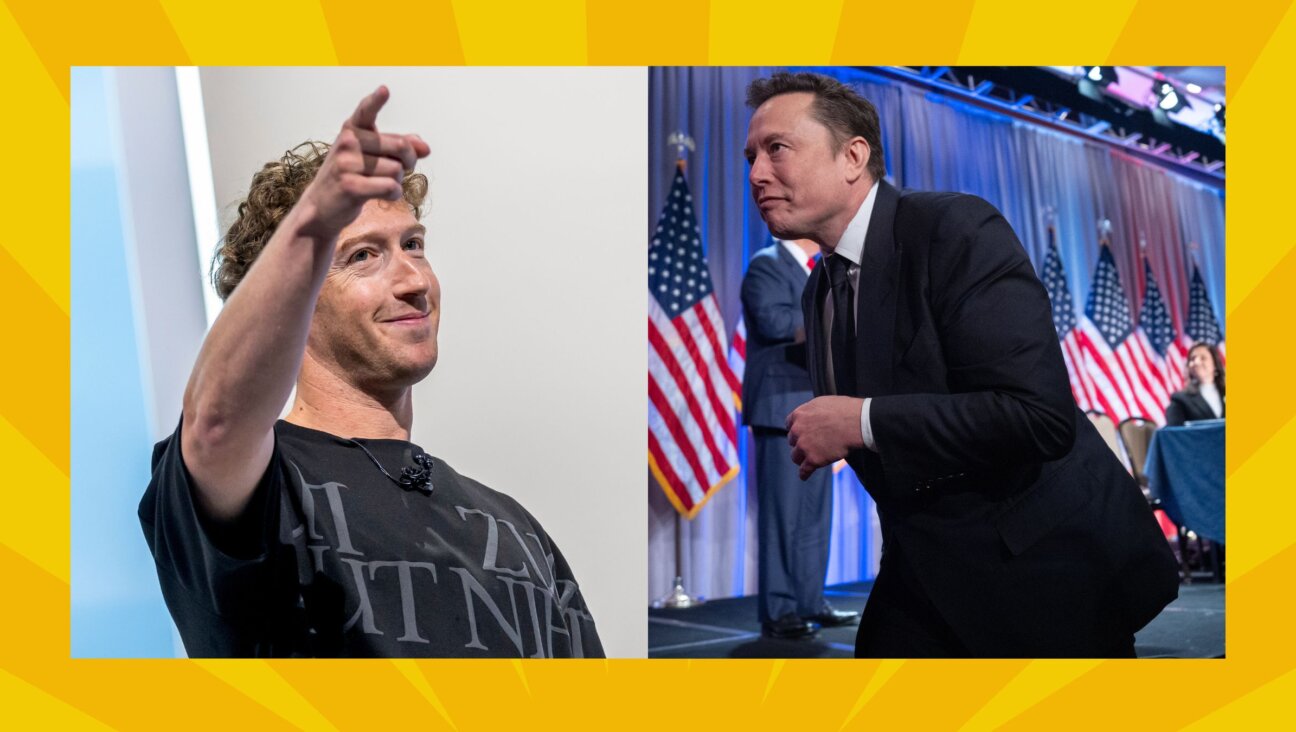Nashville’s Temple Cemetery Added to Historic Register
Nashville’s Temple Cemetery offers, in capsule form, a taste of the rich history of the city’s Jews.
In one section there rests Zadock Levy, who, with eight nephews in tow, arrived in “Music City” from Bavaria in the 1850s and promptly opened a clothing store that exists to this day. In another there is Judah Bloomstein, once one of the city’s wealthiest Jews, who was imprisoned in 1863 for smuggling supplies to the Confederates. And in still another spot is Dr. Jacob Mitchell, one of the cemetery’s three original founders. A maverick, he rejected traditional medicine in favor of the roots and herbs used by the area’s Native Americans.
To preserve the stories of these men — as well as those of the other 3,000 people buried in Nashville’s Temple Cemetery since 1851 — the site recently has been added to the National Register of Historic Places, which includes fewer than 1,000 cemeteries among its nearly 80,000 listings.
“Gratitude, a sense of history, a sense of family and a sense of belonging” are what fueled the effort, said Ralph Levy, a fifth-generation Nashvillian (and the great-great grandson of Zadock Levy). “Certain of the people I would have liked to have met, and known more about. If they hadn’t taken the time and been brave enough to cross the ocean, they probably would have been wiped out.”
The temple, Congregation Ohabai Sholom, which owns and operates the cemetery, has committed to a $400,000 capital improvement project over the next several years. The endeavor will include restoration of gravestones and badly needed grounds upkeep. Last month, the synagogue combined a celebration of the cemetery’s historic designation with a memorial service held between Rosh Hashanah and Yom Kippur. After the service, some 50 congregants gathered for the unveiling of a commemorative plaque.
Levy spoke about what made him decide to undertake what seemed, several years ago, like a hard-to-sell project. During a visit to the cemetery, his son, then 7, gamely put an ear to his grandfather’s gravestone and asked earnestly: “Do you ever hear Big Ralph’s voice when you come here?”
At least figuratively, Levy told the crowd, the answer is yes.
A message from our CEO & publisher Rachel Fishman Feddersen

I hope you appreciated this article. Before you go, I’d like to ask you to please support the Forward’s award-winning, nonprofit journalism during this critical time.
At a time when other newsrooms are closing or cutting back, the Forward has removed its paywall and invested additional resources to report on the ground from Israel and around the U.S. on the impact of the war, rising antisemitism and polarized discourse.
Readers like you make it all possible. Support our work by becoming a Forward Member and connect with our journalism and your community.
— Rachel Fishman Feddersen, Publisher and CEO






















